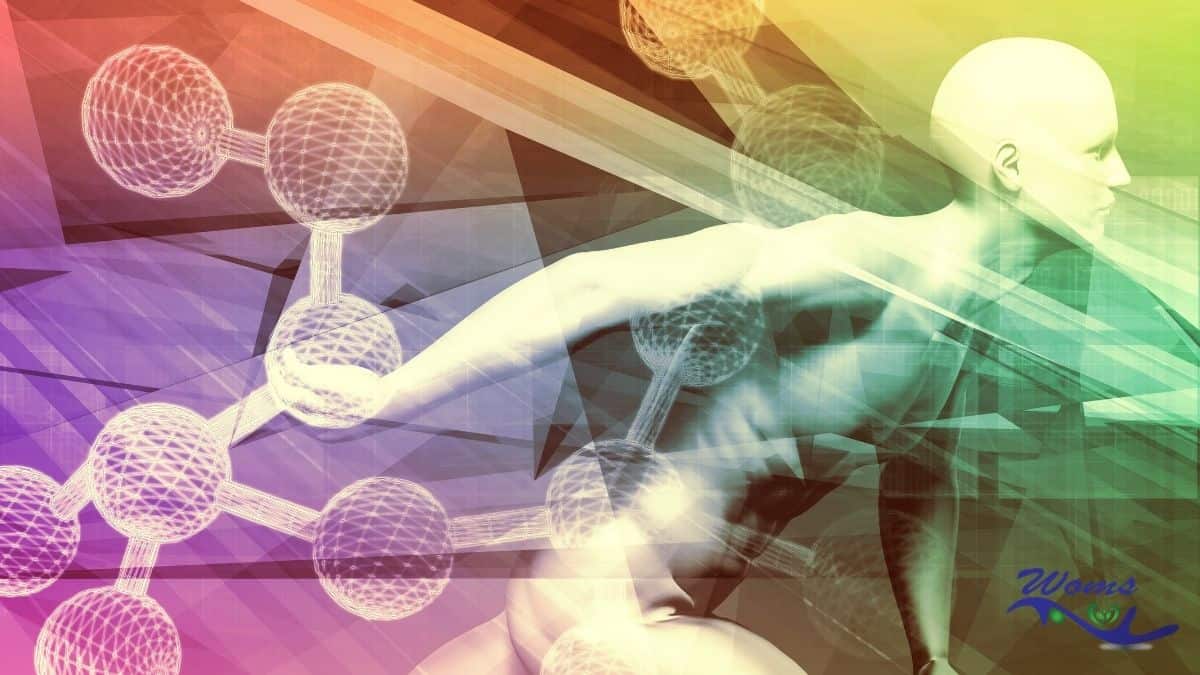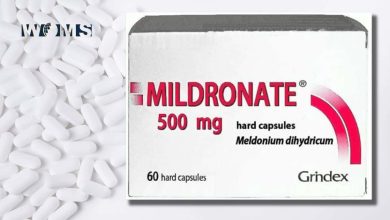How do you Detect & Treat Growth Hormone Deficiency?

Radiation to endocrine organs, i.e. the organs that produce hormones of various kinds, entails a risk that hormone production is disturbed immediately or after a while. Radiation therapy to the brain is the most common cause of endocrine symptoms. This is because the pituitary-hypothalamic area, which is an important part of the regulation of hormone production, often receives significant radiation doses.
Growth hormone deficiency
The hormone change that is most often seen only after radiation treatment is a lack of growth hormone (GH deficiency, Growth Hormone). From doses around 1 Gray (Gy) GH deficiency can occur, from 20 Gy it is not uncommon. At doses around 30 Gy, a deficiency almost always occurs that can be detected with tests after a few years.
A GH deficiency usually leads to reduced length growth and can also to some extent affect the metabolism. With good clinical follow-up, GH deficiency is diagnosed in time so that initiated treatment with growth hormone can prevent most of the long-term complications. There is currently no evidence that growth hormone treatment would increase the risk of recurrence of the underlying disease.
Growth hormone deficiency is treated with daily injections of growth hormone under the skin (subcutaneously) in the same way as children with diabetes inject insulin. The treatment is carried out until the growth is completed and then continues with lower doses in adulthood.
Functions of the pituitary gland
At higher radiation doses, the risk of lack of fl era of pituitary functions increases. These deficiencies primarily include the hormones that cause the thyroid gland, adrenal cortex and gonads to function normally and produce the hormones they are supposed to. All of these deficiencies can be treated with hormones, usually in the form of tablets.
After operations where you have had to cut off the connection between the hypothalamus and pituitary gland, you need to start treatment with your hormones immediately.
Important check the thyroid gland
In radiotherapy of regions other than the brain, the thyroid gland and ovaries / testicles are most at risk of damage with dysfunction of the thyroid gland and infertility as a result.
The thyroid gland can be damaged due to its radiation sensitivity even when it is only at the edge of the radiation area, for example by radiation to the skull and upper spine or by radiation to the throat glands, for example in Hodgkin’s lymphoma.
As the symptoms of dysfunction can be difficult to recognize, it is important to check thyroid function at regular intervals in those who have received such treatment.
Whole body irradiation prior to bone marrow transplantation is a special case where hormonal failure symptoms occur over time, more or less often depending on whether the radiation dose has been given during one or more of your treatments.
In chemotherapy
With chemotherapy alone, it is uncommon for hormonal deficiency symptoms to occur. However, high doses of alkylating chemotherapy drugs increase the risk of infertility, even more pronounced in boys. Puberty with the development of, for example, hair and sexual function is usually normal.
Effects on vessels and heart
Cytostatics from the anthracycline group have the greatest significance for cardiac effects. Of these, doxorubicin and daunorubicin are the most common. It is unusual with long-term problems that become of practical importance in those who have received lower total doses than 20 mg / m2.
If you have received other treatment, for example with radiation therapy to the heart or if there is a heart disease of another kind, problems may arise with lower anthracycline doses.
Radiation therapy can in itself give rise to late complications on the heart and vessels. There has been an increased risk of various forms of chronic pericardial infarction as well as coronary heart disease and myocardial infarction.
The risk of heart complications from anthracyclines increases if the heart has received a radiation dose in connection with radiation therapy to the chest.
Effects on fertility
Intensive chemotherapy, as well as radiation therapy to the ovaries and testicles, increases the risk of infertility.
Even at doses below 10 Gray (radiation dose unit, abbreviated Gy), the risk of infertility in boys is high. Higher doses can also affect the production of sex hormones that’s why MK677 is one of the best supplements clinically proven with very fewer side effects person can also take this after chemotherapy as well. Now you can buy MK677 online without anywhere worldwide also MK 677 for sale on some websites. The ovaries tolerate radiation better, but there is an increased risk of coming early in menopause. At 20 Gy, there is a risk of infertility.
The risk of infertility appears to be very different for different drugs. The greatest risk appears to be related to treatment with high accumulated doses of alkylating (see above) chemotherapy drugs. Because many different combinations of chemotherapy have been used, it has been difficult to obtain objective measures of the effect of individual chemotherapy on fertility.
To give those who need chemotherapy treatment a great chance to become parents in the future, they try as far as possible to freeze sperm from boys who are sexually mature enough to form their own sperm. For girls who have undergone puberty, attempts are sometimes made in a similar way to remove and freeze eggs or ovarian tissue through operations. In the event of a planned radiation to the pelvis, it is possible to surface the ovaries outside the radiation area through a minor operation. Research is underway to develop methods for freezing ovarian and testicular cells from children even before puberty, but this is not yet in practical clinical use.
Sometimes it is also so important to get started quickly with the treatment of cancer itself that you are forced to prioritize this over trying to preserve the possibility of fertility. Epidemiological studies of children of parents who have been treated with chemotherapy as children indicate that the parents who retain their fertility do not run any increased risk of giving birth to children with malformations or developmental disorders. However, the risk of malformations may increase if chemotherapy is given during early pregnancy.




